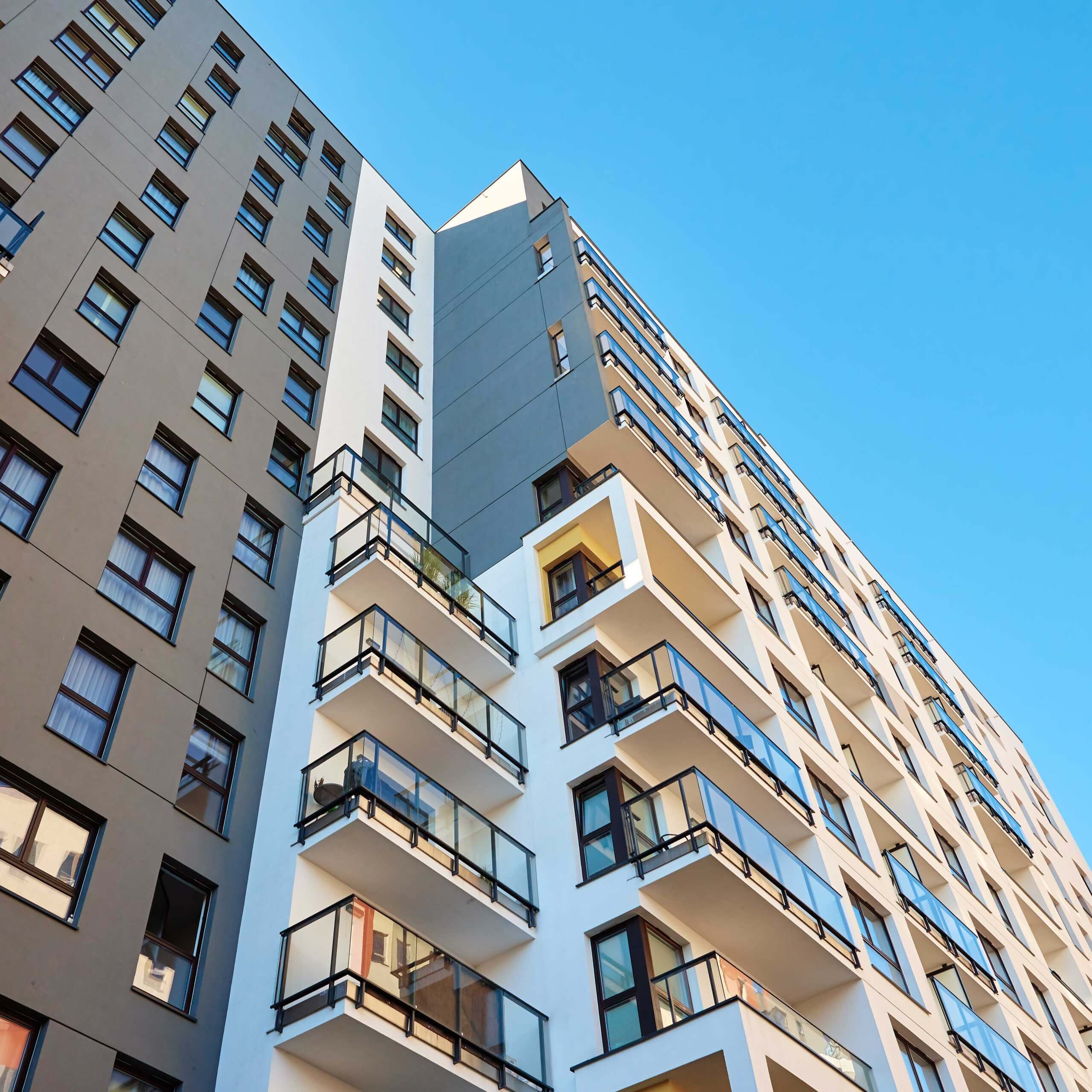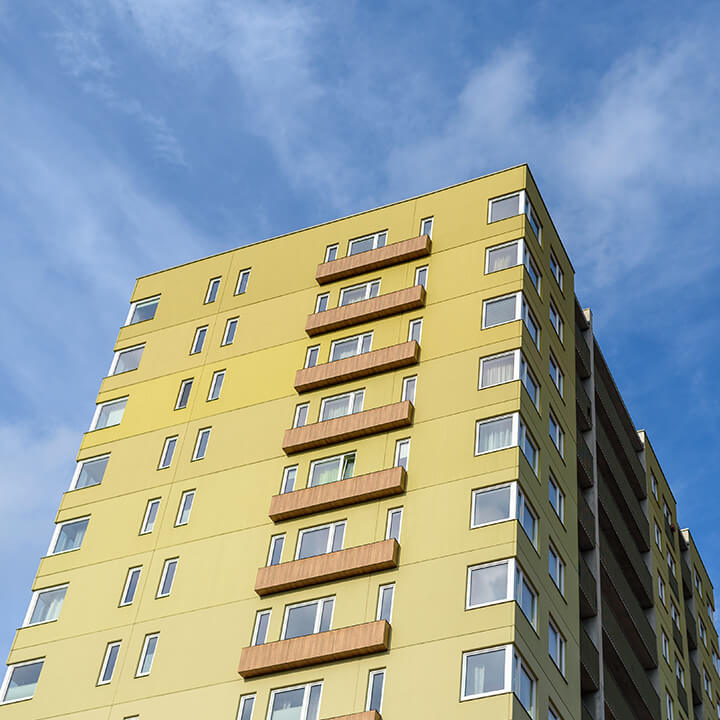BSA Remediation Orders: Developing law and practice
10th May 2024
The Topline
“In the Vista Tower, Stevenage decision, the First-tier Tribunal granted a remediation order in the first application issued by the Secretary of State for the Department of Levelling Up, Housing & Communities, to go to trial. The eagerly awaited judgment contributes significantly to the growing body of building safety law and practice. In this article, we highlight key takeaways and offer practical advice.”
– Martin McKeague, Partner, Real Estate Litigation


Remediation orders and building safety
Under section 123 of the Building Safety Act 2022 (the BSA), a remediation order (or, RO) is an order requiring a relevant landlord to remedy relevant defects in a relevant building by a specified time.
See our previous articles for relevant RO definitions and for details of remediation orders granted by the First-tier Tribunal (FTT) to date.
In the matter of Vista Tower, Stevenage, we are pleased to confirm that Walker Morris’ building safety experts acted on behalf of the Secretary of State for the Department of Levelling Up, Housing & Communities, obtaining a remediation order. You can read the judgment in full, here.
The Secretary of State made its application to the FTT in October 2022. This followed pre-action correspondence with Grey GR. The application was the subject of extensive case management directions and as a result the final hearing of the application did not take place until nearly 18 months after the proceedings commenced.
The application was the Secretary of State’s first BSA case to go to trial where the making of a remediation order was opposed. In its judgment, the FtT granted an RO, ensuring compliance with building safety standards.
Vista Tower is a 16-storey block, exceeding 45 metres, with 73 residential flats. It was originally constructed in the 1950s/1960s as office premises, and subsequently converted to residential use in 2015/2016.
In 2019, the landlord was made aware that Vista Tower suffered from building safety defects, with combustible materials requiring remediation.
The defects and remedial works were not in dispute between the parties. By the time of trial, the landlord had commenced works, with 18 months left before completion and had entered into a build contract and a grant funding agreement. The following key points arise from the decision.
- The focus of the BSA is on leaseholder protection and ROs are a tool for ensuring compliance with building safety standards under the BSA.
- Whilst there is no “just and equitable” test (unlike in remediation contribution order proceedings), the FtT considered that it did have a discretion whether to make a remediation order. It referred to Regulation 2 (2) of the Building Safety (Leaseholder Protections) (Information, etc.) Regulations 2022, which provides that “The [FtT] may … make a remediation order under section 123 of the [BSA]” (emphasis added).
- The FtT stated that, when it comes to exercising its discretion whether to grant an RO, the works required and the situation of the parties will be most relevant. There was found to be no political motivation when bringing the application, nor was this considered to be a relevant consideration when determining if an order should be made.
- Whether it’s practical, reasonable and/or responsible for a landlord to [forward]fund works or to delay carrying out works pending the outcome of an application for public funding will depend on the facts of the particular case.
- The landlord in Vista Tower argued that an RO is akin to an order for specific performance requiring the relevant landlord to repair or maintain relevant building safety defects. It argued that, in line with the law of specific performance, an RO shouldn’t be made unless it’s necessary or desirable. The FtT disagreed. It found that, while an RO may appear similar to an order for specific performance, different considerations apply. The focus is not on providing redress for non-compliance – it’s on remediation of defects for safety purposes.
- The landlord in this case had entered both a building contract and a grant funding agreement in respect of the required remediation works. The landlord argued a remediation order did not therefore provide any practical effect but he FtT found an RO can be made as a backstop to give reassurance to applicants/leaseholders (who may not be parties to the build contract or funding agreement) for the purposes of accountability. Such an order can be made subject to existing works/funding contracts, with a clear period of grace for any extensions of time agreed via those contracts.
Conclusions
The Tribunal has set down a marker that it will exercise this jurisdiction with a view to assisting the leasehold owners of flats in buildings which suffer from safety defects to ensure buildings are remediated quickly and efficiently.
The overriding message to come out of Vista Tower, therefore, is that leaseholder protections and building safety are paramount and the Tribunal will take a practical approach to ensure those objectives are delivered.
To have legal force, ROs are granted by a tribunal. But that doesn’t mean that obtaining an RO has to be an adversarial, and therefore costly, process. The landlord in Vista Tower opposed the application, but ROs can be agreed by consent, without the need for a trial [1].
Remediation orders: How we can support you
Walker Morris’ Real Estate Litigation specialists, working seamlessly with our cross-discipline BSA experts, are uniquely placed to help clients from right across the Living sector to successfully navigate all of the legal, regulatory and practical changes brought about by the Building Safety Act 2022.
Our long-standing experience and success in providing strategic risk management, transactional and dispute resolution advice for industry participants in all areas of the sector has contributed to our in-depth understanding of all parties’ commercial perspectives.
Our appointment to support the UK Government in relation to remediation orders also enables us to share practical information and advice which is based on hands-on experience of dealing with this entirely new tool for addressing unsafe cladding/defects – both in commercial negotiations and in relation to legal proceedings in the FtT.
For tailored advice, assistance or training in connection with remediation orders or the BSA generally, please contact Martin McKeague, Lewis Couth and Asia Munir.
[1] See our earlier briefing on remediation orders by consent.










